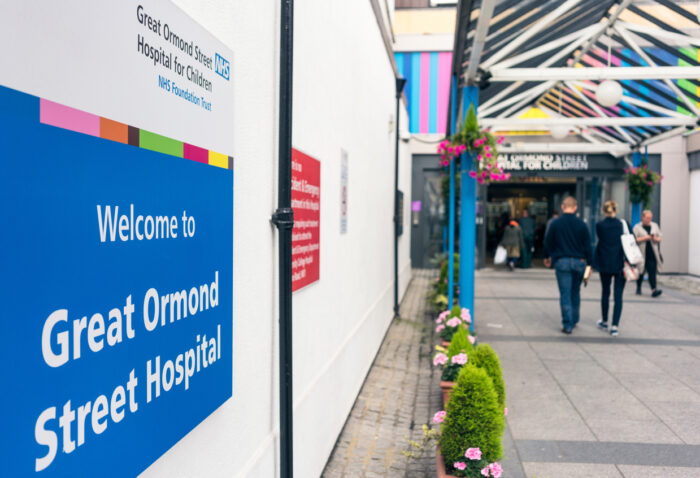Pregnancy is often painted in soft pastels and glowing smiles, but for some women, the experience is far from serene. One danger that lurks beneath the surface is high blood pressure. If left unchecked, it can turn what should be a life-changing moment into a medical emergency with devastating consequences. I have seen too many families blindsided by strokes, organ failure, and maternal death. All of these tragedies could have been prevented with proper care.
When healthcare professionals fail to monitor and manage blood pressure during pregnancy and labour, the results can be severe.
High blood pressure in pregnancy
High blood pressure, or hypertension, affects around one in ten pregnancies in the UK. It appears in different forms such as chronic hypertension, gestational hypertension, and pre-eclampsia, which is by far the most dangerous.
Pre-eclampsia is a medical emergency in disguise. It involves high blood pressure combined with signs of organ damage, often to the liver or kidneys. If not recognised and treated in time, it can escalate to eclampsia, where seizures occur. From there, the risk of a stroke becomes more likely.
What should healthcare professionals be doing?
The National Institute for Health and Care Excellence (NICE) provides clear guidelines on this. Pregnant women should have their blood pressure checked at every antenatal appointment, as well as during, and post labour. If a reading is over 140/90, it should trigger immediate investigation, including urine analysis and blood tests.
Women with known risk factors, such as pre-existing hypertension or autoimmune conditions, should receive more frequent and detailed monitoring. If pre-eclampsia is suspected, doctors should admit the patient to hospital, start medication to control the blood pressure, and consider early delivery.
This is not an area for guesswork or delay. The consequences of hesitation can be fatal.
The danger doesn’t end with labour
It is a common myth that once labour starts, the threat has passed. In truth, blood pressure can spike dramatically during labour or in the hours and days following birth. A sudden rise, if not identified and treated, can cause a stroke by bursting a blood vessel in the brain.
Labour wards are supposed to be prepared for this. Midwives and doctors should be alert to blood pressure changes, prepared to administer medication, and quick to escalate care when necessary. Failure to act swiftly can mean the chance to prevent serious harm slips away.
What happens when things go wrong?
I have represented women who collapsed shortly after birth, disoriented and unable to speak, victims of strokes that should never have happened. Some had been complaining of headaches, vision problems, swelling, and dangerously high blood pressure for days. Too often, these were brushed off as “normal” pregnancy symptoms.
The result can be severe – many women may suffer serious harm that can cause brain injuries, lasting disabilities, memory loss and even fatalities. There are also risks to unborn and newborn babies.
These are not just unfortunate stories. They are preventable tragedies, and they are grounds for legal action.
Do you have a medical negligence claim?
If you or someone you love suffered a stroke or serious complications during or after pregnancy, and you suspect that high blood pressure was ignored or poorly managed, advice should be sought.
We look into:
- Whether antenatal care followed established guidelines
- Whether signs of pre-eclampsia were missed
- How blood pressure was monitored during labour
- If medication was delayed, denied or mismanaged
- Whether postnatal care failed to spot red flags
A successful claim can help cover lost earnings, ongoing care, pain and suffering, and rehabilitation. It can also bring long-overdue answers and accountability.
Far too many women are dismissed when they raise concerns during pregnancy. They are told to relax, to stop worrying, to accept pain as part of the process. But when something feels wrong, it often is.
If you were ignored, if your concerns were brushed aside, or if the care you received left you permanently injured, reach out. We offer free and confidential consultations. If you have a case, we will pursue it with precision and purpose.
Because maternal health should not be a gamble. And justice, when it matters most, should not be optional. Contact us today to speak with our team on 0808 164 0808.



